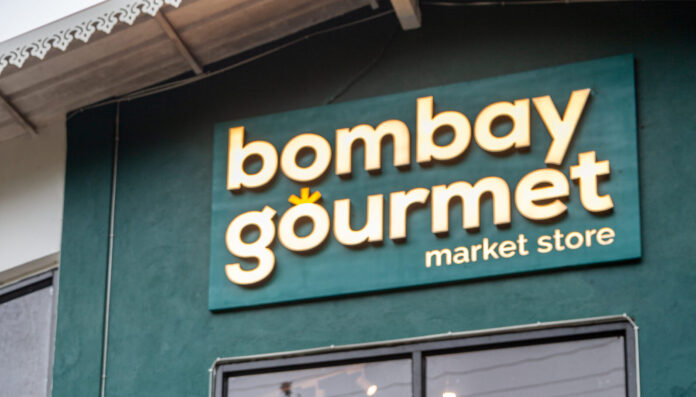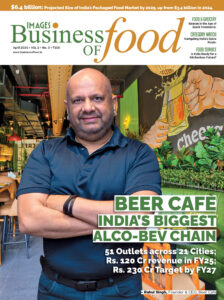Few brands in India have successfully blended franchise growth with affordable gourmet retailing. Akshay Kumar and Kurush Dadabhoy, the visionary co-founders of Bombay Gourmet Market, have achieved just that. What began as an online pivot during the pandemic has grown into a network of 18 neighborhood gourmet stores across six cities in western and southern…




